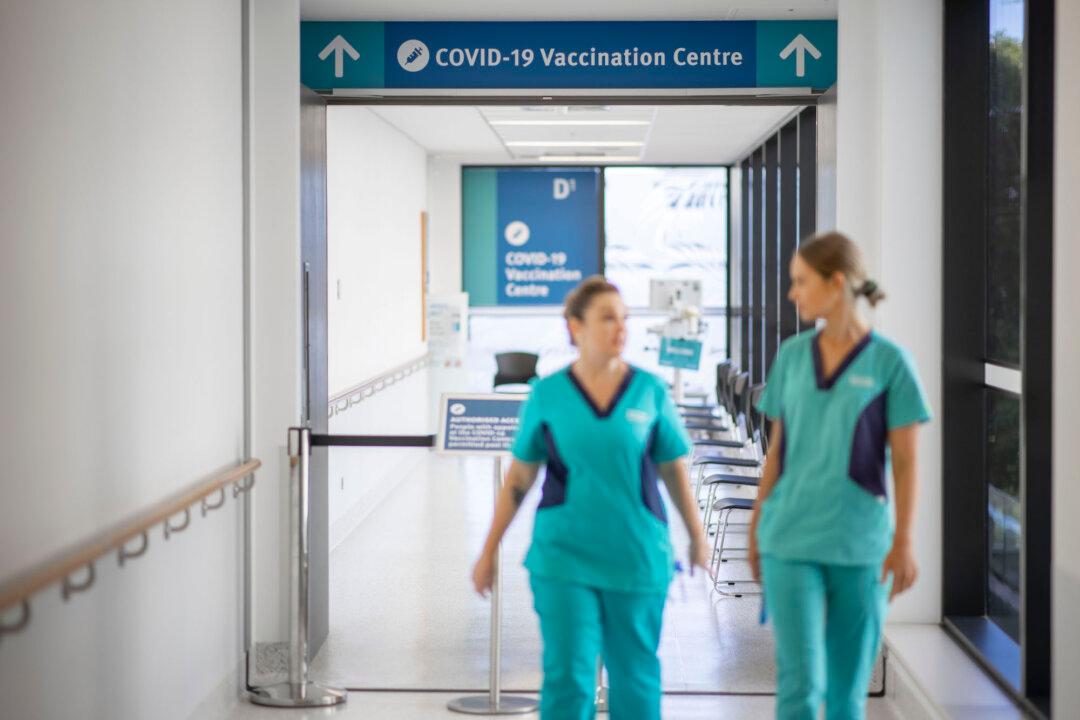A Queensland nurses union has revealed strong hesitancy among the “overwhelming majority” of its members towards mandatory immunisation against the CCP virus, given the shorter trial times and higher unknowns for the newer RNA vaccines compared to standard vaccines.
Chief Health Officer Jeanette Young, on March 31, made it mandatory for Queensland nurses working with COVID-19 patients to get one of the jabs. But some nurses say they’ve been left in the dark about what compensation they'll receive if they develop a bad reaction to the vaccine.





